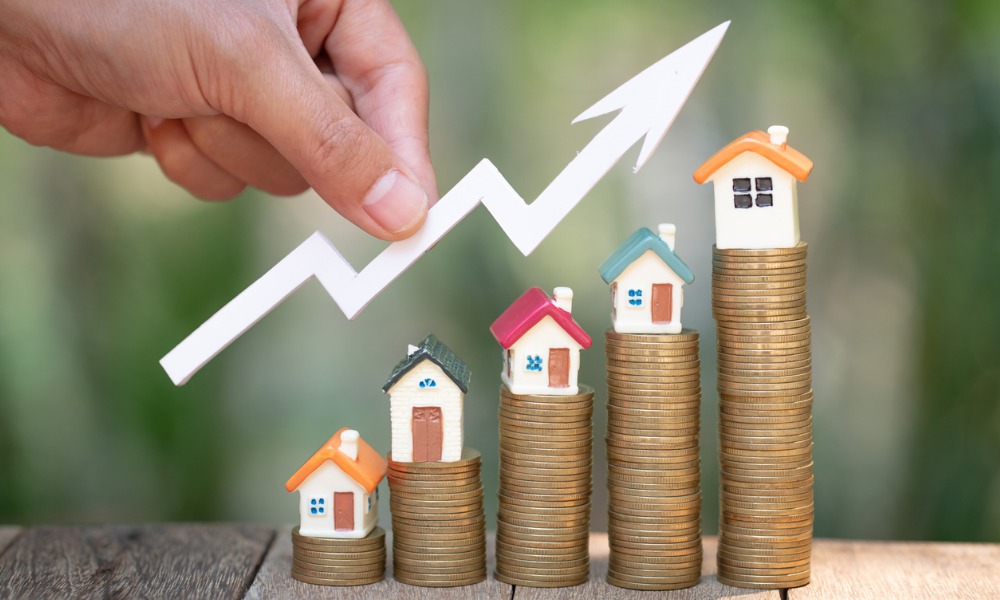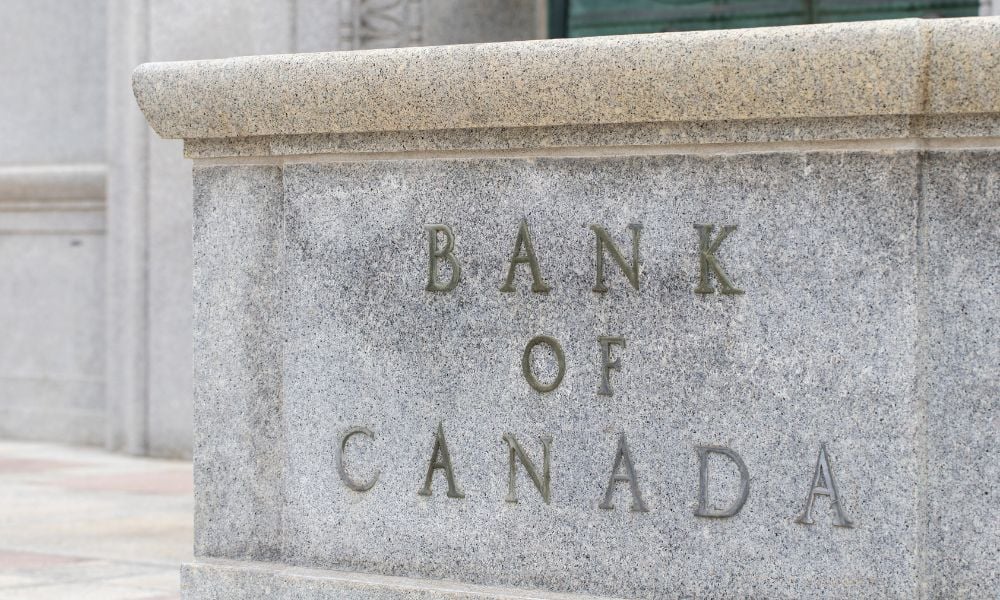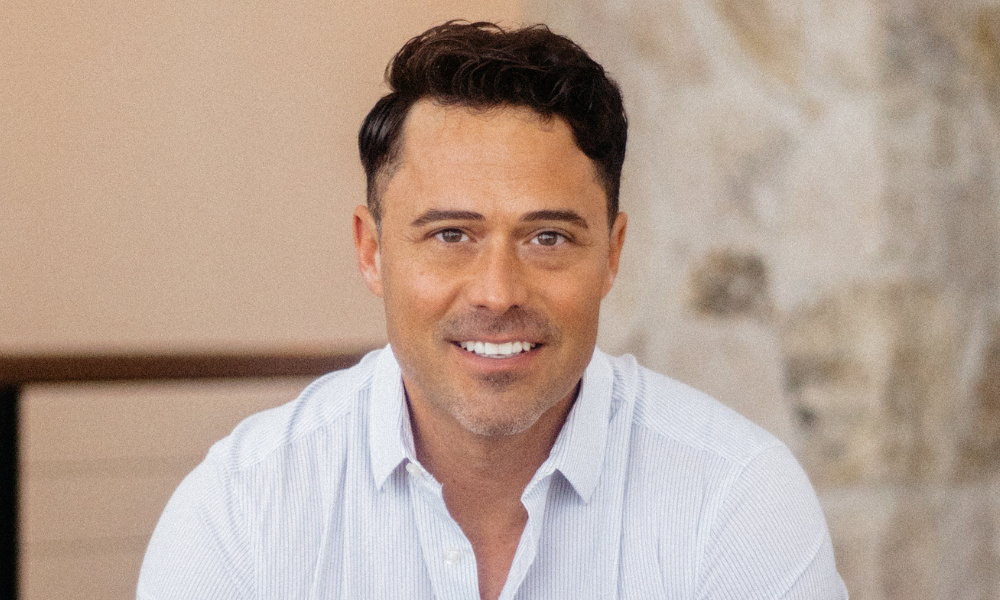Canada's two reverse mortgage providers see strong growth as trend of in-life wealth transfers picks up

The trend of growing use of reverse mortgages across Canada accelerated even further last year as hot housing markets and record-low interest rates made the products even more enticing for homeowners.
During the last quarter of 2020, HomeEquity Bank saw loan originations grow by 14%, while Equitable Bank saw its reverse mortgage balance double between November 2019 and November 2020, according to Global News.
In June last year, both banks were anticipating more interest from seniors looking for ways to age in place as concerns over COVID-19 outbreaks in long-term care homes were taking hold. But since then, low borrowing costs and rapid increases in home prices have emerged as the main factors driving up demand.
Regular, tax-free income has traditionally been the motivation for seniors to take on reverse mortgages. But according to Yvonne Ziomecki, who heads marketing and consumer sales operations at HomeEquity Bank, the number of applicants wanting to give their children or grandchildren a leg up on homeownership has increased in recent months.
As explained by Alexandra Macqueen, a certified financial planner and co-author Pensionize Your Nest Egg, surging house prices are a boon for senior homeowners looking to leverage their home equity, they can bar young people from entering the housing market. “What stops people, mostly, is the lack of the down payment,” she told Global News.
The average detached home in the Greater Toronto Area cost $1.17 million in December – 23% more than in the previous year – which translated to more than $230,000 for a 20% down payment, according to data from the Toronto Regional Real Estate Board. Smaller housing markets in central Canada and British Columbia, as well as many areas of the Maritimes, have also been ignited as city dwellers on the hunt for bigger homes took to the suburbs and more affordable provinces.
“Grandma and grandpa are presumably going to leave an estate in the form of the house. Well, why not give out some of that estate and have it do some good today?” Macqueen said. “I’m not saying that I agree with that or disagree with it, I’m saying I completely understand why people do it.”



